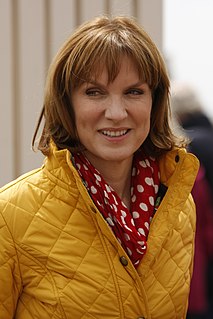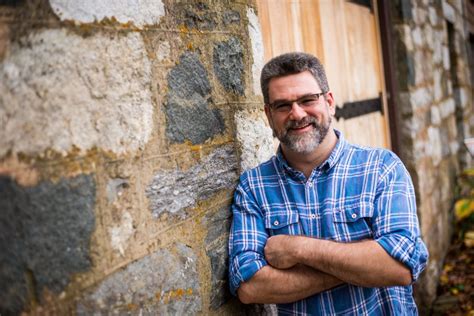A Quote by Fiona Bruce
I'm all for a passionate debate, and sometimes things can be heated, which is fine, up to a point. As long as we remember that we are human beings.
Quote Topics
Related Quotes
At a certain point we need to grow up; we need to look inside ourselves for our inner guidance. There are things most human beings know; they just don't want to know them. They know deep down that certain things in their lives are working or aren't working, that certain parts of their lives are functional and others are dysfunctional. But sometimes, as human beings, we don't want to know what's not convenient. So we pretend not to know.
I reached the point in my life now that I understand as human beings we've all done some very horrible things to other human beings, and at some point, I came to grips with the fact that whoever murdered my friend is now an adult, and all I can truly hopefully pray for is that in murdering my friend it bettered their life. And I don't mean that they gained things, but just that they grew up, they regret their decision, they found a place of spirituality or God or whatever people call it.
It is worth repeating at this point the theories that Ford had come up with, on his first encounter with human beings, to account for their peculiar habit of continually stating and restating the very very obvious, as in "It's a nice day," or "You're very tall," or "So this is it, we're going to die." His first theory was that if human beings didn't keep exercising their lips, their mouths probably shriveled up. After a few months of observation he had come up with a second theory, which was this--"If human beings don't keep exercising their lips, their brains start working.
I've come to learn as an adult that love is a hell of a drug. It's one of the most dangerous things that human beings can have. It's also one of the most beautiful things that human beings can possess because love, on one hand, gives you the ability to care for a human being sometimes more than you would care for yourself. Love, unfortunately, sometimes gives you the ability to forgive somebody and blind yourself to the truth.
The sciences that purport to treat of human things -- the new scientific storyings of the social, the political, the racial or ethnic, and the psychic, nature of human beings -- treat not of human things but mere things, things that make up the physical, or circumstantial, content of human life but are not of the stuff of humanity, have not the human essence in them.
The desire for story is very, very deep in human beings. We are the only creature in the world that does this; we are the only creature that tells stories, and sometimes those are true stories and sometimes those are made up stories. Then there are the larger stories, the grand narratives that we live in, which are things like nation and family and clan and so on. Those stories are considered to be treated reverentially. They need to be part of the way in which we conduct the discourse of our lives and to prevent people from doing something very damaging to human nature.
Men use up their lives in heart-breaking political struggles, or get themselves killed in civil wars, or tortured in the secret prisons of the Gestapo, not in order to establish some central-heated, air-conditioned, strip-lighted Paradise, but because they want a world in which human beings love one another instead of swindling and murdering one another.
Religion, mysticism and magic all spring from the same basic 'feeling' about the universe: a sudden feeling of meaning, which human beings sometimes 'pick up' accidentally, as your radio might pick up some unknown station. Poets feel that we are cut off from meaning by a thick, lead wall, and that sometimes for no reason we can understand the wall seems to vanish and we are suddenly overwhelmed with a sense of the infinite interestingness of things.

































